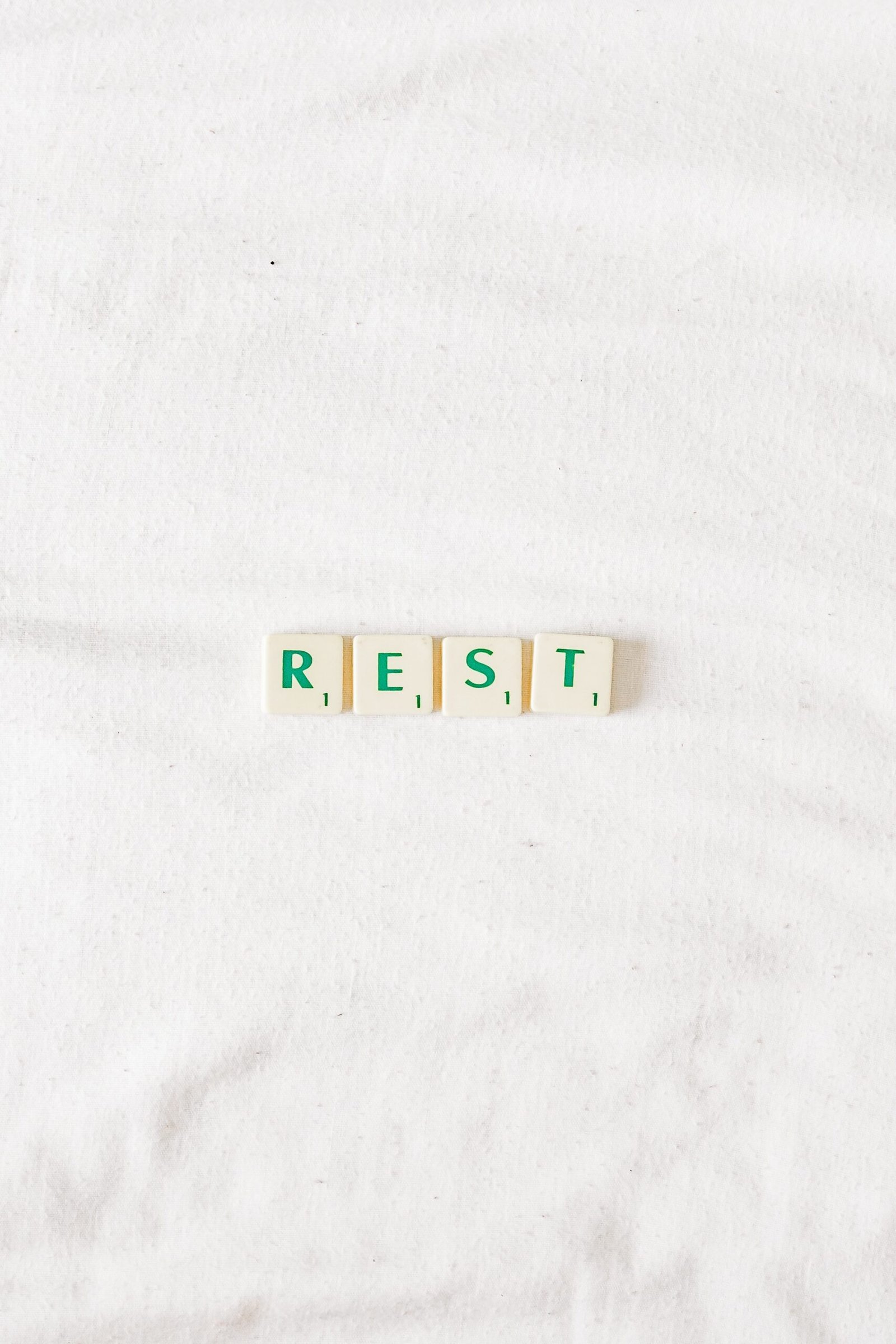Rest is often overlooked in our fast-paced, productivity-driven society. We are constantly bombarded with messages that encourage us to work harder, do more, and hustle non-stop. However, rest is not a luxury but a necessity for our overall well-being. In this article, we will explore the importance of rest and how to make the most of our downtime.
The Science of Rest
Rest is not just about being lazy or doing nothing. It is a vital part of our biological and psychological functioning. When we rest, our bodies have the opportunity to repair and regenerate. Our brains process information and consolidate memories during restful periods, leading to improved cognitive function.
Studies have shown that regular rest can reduce stress levels, boost creativity, and enhance productivity. It is not a sign of weakness but a strategic investment in our long-term success.
The Different Types of Rest
Rest is not limited to sleep alone. There are various types of rest that we can incorporate into our lives:
Physical Rest
Physical rest involves giving our bodies a break from physical exertion. This can include activities such as taking a nap, practicing yoga, or simply sitting quietly and allowing our muscles to relax.
By giving our bodies the rest they need, we can prevent burnout, reduce the risk of injury, and improve our overall physical health.
Mental Rest
Mental rest is all about giving our minds a break from constant stimulation and information overload. It can involve activities like meditation, mindfulness, or engaging in a hobby that brings us joy and relaxation.
By allowing our minds to rest, we can improve our focus, enhance our problem-solving abilities, and reduce mental fatigue.
Social Rest
Social rest involves taking a break from social interactions and spending time alone or with a select few people who energize us. It can include activities like going for a solo walk, reading a book, or having a meaningful conversation with a close friend.
By prioritizing social rest, we can recharge our social batteries, strengthen our relationships, and improve our emotional well-being.
Creative Rest
Creative rest is essential for those engaged in creative endeavors, such as writers, artists, and musicians. It involves stepping away from our work and allowing our minds to wander, explore new experiences, and find inspiration.
By giving ourselves permission to rest creatively, we can overcome creative blocks, spark new ideas, and rejuvenate our passion for our craft.
The Art of Rest: Tips and Strategies
Now that we understand the importance of rest and the different types of rest, let’s explore some practical tips and strategies to incorporate more rest into our lives:
1. Prioritize Rest
Make rest a non-negotiable part of your daily routine. Schedule dedicated rest time and treat it as you would any other important appointment.
2. Unplug from Technology
Set aside specific times each day to disconnect from your devices. Create tech-free zones in your home where you can relax without distractions.
3. Practice Mindfulness
Engage in activities that promote mindfulness, such as meditation, deep breathing exercises, or mindful walking. These practices can help calm your mind and reduce stress.
4. Set Boundaries
Learn to say no and set boundaries with others. It’s okay to prioritize your rest and well-being over constant demands and obligations.
5. Find Activities That Bring You Joy
Discover activities that bring you joy and make you feel refreshed. It could be anything from reading a book, taking a bubble bath, or going for a hike in nature.
6. Get Quality Sleep
Ensure you have a conducive sleep environment and establish a consistent sleep routine. Aim for 7-9 hours of quality sleep each night to allow your body and mind to fully recharge.
7. Embrace the Power of Naps
Napping can be a great way to recharge during the day. Keep your naps short (around 20-30 minutes) to avoid disrupting your nighttime sleep.
8. Practice Active Rest
Engage in activities that promote relaxation while still being active, such as gentle yoga, tai chi, or going for a leisurely walk.
9. Cultivate a Restful Environment
Create a peaceful and restful environment in your home. Use calming colors, soft lighting, and comfortable furniture to enhance relaxation.
10. Be Present in the Moment
Avoid constantly multitasking and allow yourself to fully immerse in the present moment. Appreciate the beauty around you and savor the simple pleasures of life.
11. Practice Self-Compassion
Be kind to yourself and give yourself permission to rest without guilt. Remember that rest is not a luxury but a necessity for your overall well-being.
12. Experiment and Find What Works for You
Everyone is different, so it’s essential to experiment and find the rest strategies that work best for you. Listen to your body and mind, and adjust your rest routine accordingly.
Conclusion
Rest is not a luxury but a fundamental aspect of a healthy and fulfilling life. By prioritizing rest and incorporating various types of rest into our lives, we can unlock the power of relaxation and enhance our overall well-being. So, go ahead, give yourself permission to rest, and reap the benefits of a well-rested mind and body.
